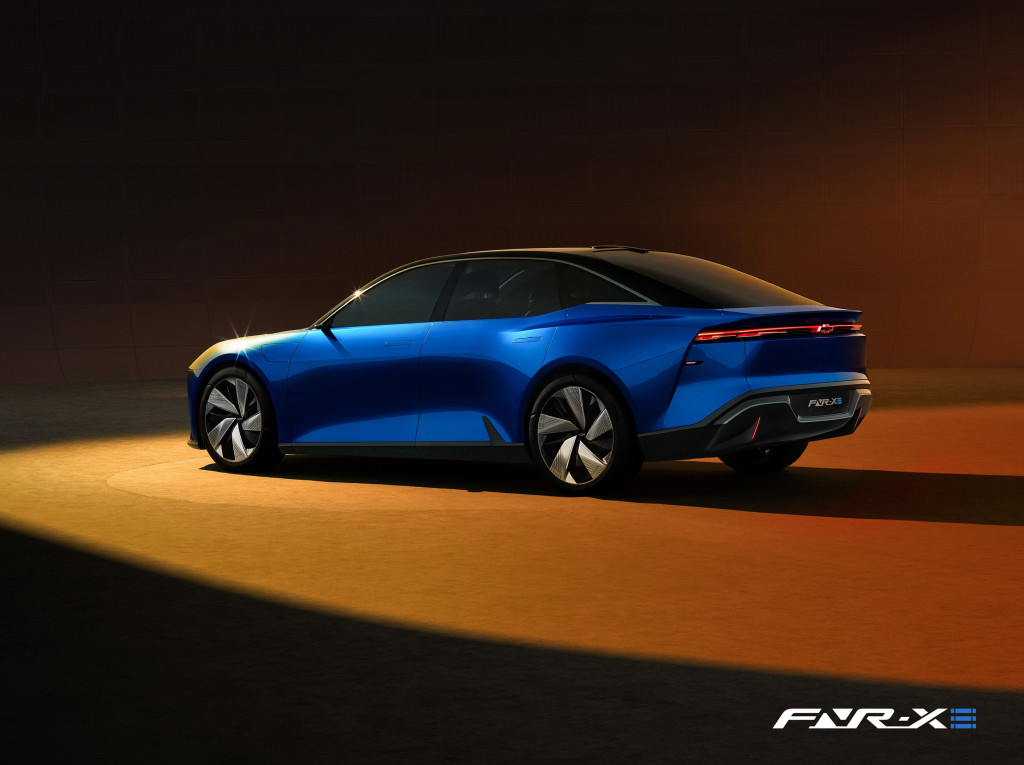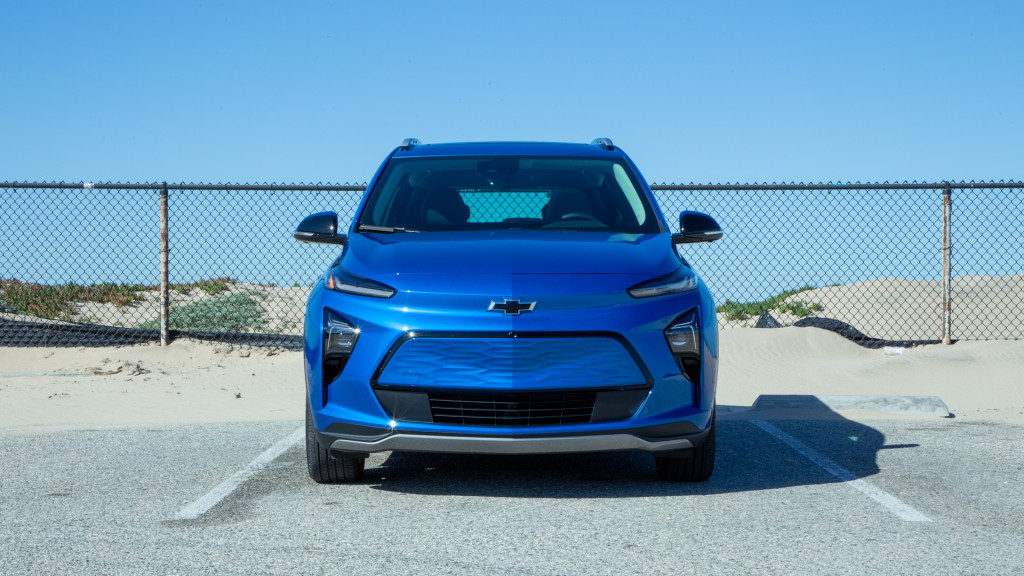GM and Samsung SDI announced Tuesday that they will form a joint venture for battery production.
In a release, the companies made clear that this joint venture, starting with more than $3 billion, won’t initially be making batteries that directly replace or augment the brand’s Ultium cell strategy developed with LG.
The new plant will make “high-performing, nickel-rich prismatic and cylindrical batteries that will be exclusively supplied for GM’s upcoming electric vehicles,” according to the announcement. The form factor would make them markedly different than the very large-format pouch cells GM has in the three plants under development and production with Ultium Cells LLC.
GM Ultium battery – cell stacking
Cylindrical cells could be much easier to integrate within lower-profile vehicles, versus those large-format pouch cells—making them prime candidates for low-slung electric performance cars or sporty, aerodynamically effective sedans. GM has confirmed a future electric Corvette, and such an arrangement might be feasibly extended to an electric Camaro replacement.
The new factory, once ramped up, will have a capacity of more than 30 gigawatt-hours. Mass production there will start in 2026.
The diversification in format isn’t a surprise. GM in January underscored that the Ultium platform itself is chemistry-agnostic and that pouch, prismatic, or cylindrical cells can be compatible. GM is already using prismatic cells in several Ultium-based vehicles for China—including the Chinese-market Cadillac Lyriq.

Chevrolet FNR-XE Concept – GM China
GM also this morning confirmed that the Chevrolet Bolt EV and EUV will be discontinued at the end of 2023 as its Orion Assembly in Michigan transitions to electric trucks. GM and Honda are working together on a shared replacement architecture for affordable EVs that will underpin the Bolt’s replacement and use “next-generation Ultium battery technology,” according to GM. That appears to be unrelated to this announcement.

2022 Chevrolet Bolt EUV
According to reports, the new Samsung joint-venture facility will replace a fourth facility from Ultium Cells, the GM joint venture with LG. The Associated Press specifically reports that the flawed Chevrolet Bolt batteries behind its fire-related recall had a role in that decision—even though LG reimbursed GM about $1.9 billion for the issue.
